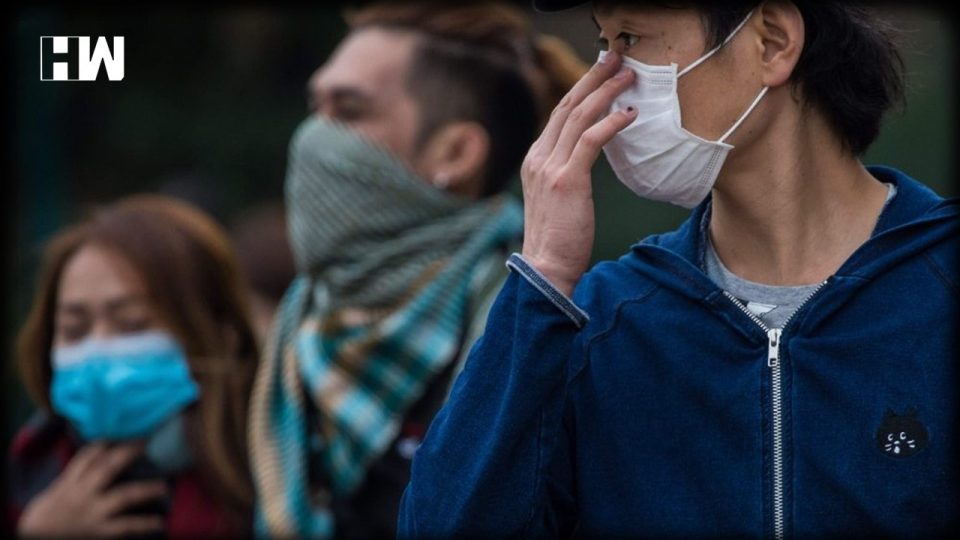There is “no evidence,” that survivors & former asymptomatic carriers who have the virus antibodies will have long-term COVID-19 immunity.
Geneva| Currently, there was “no evidence” that patients who have been cured of COVID-19 and have antibodies are protected from a second coronavirus infection, the WHO said on Saturday.
This undermines a major assumption some nations follow as they determine how and when to resume.
“Some governments have suggested that the detection of antibodies to the SARS-CoV-2, the virus that causes COVID-19, could serve as the basis for an ‘immunity passport’ or ‘risk-free certificate’ that would enable individuals to travel or to return to work assuming that they are protected against re-infection,” the WHO said.
Most studies have shown that people who have recovered from infection have antibodies to the virus, the World Health Organisation said.
The UN body added that some of the survivors have very low levels of neutralizing antibodies in their blood, “suggesting that cellular immunity may also be critical for recovery.”
The statement comes as nations contemplate issuing “immunity passports” that would permit antibody-positive people to reopen normal activities.
The World Health Organisation in a scientific brief warned countries against issuing “immunity passports” or “risk-free certificates” to survivors of COVID-19 as their accuracy could not be assured.
Also Read: ‘Situation Under Control’: Health Minister; COVID Mortality: 3% Recovery: 20%
The United Nations body said that if novel coronavirus survivors who have these antibody certifications prove sensitive to reinfection they could enable the spread of the virus to others.
This practice could truly result in high risks of continued spread as people who have been cured may neglect advice about taking standard precautions against the COVID-19, WHO said.
South American country, Chile said it would begin assigning immunity cards to survivors of the novel coronavirus, and the United States, Germany and Italy are contemplating it as a way to end their lockdowns.
The assumption is that a person who has been infected and has recovered can safely interact with people without getting reinfected or infecting others.
As an independent media platform, we do not take advertisements from governments and corporate houses. It is you, our readers, who have supported us on our journey to do honest and unbiased journalism. Please contribute, so that we can continue to do the same in future.

